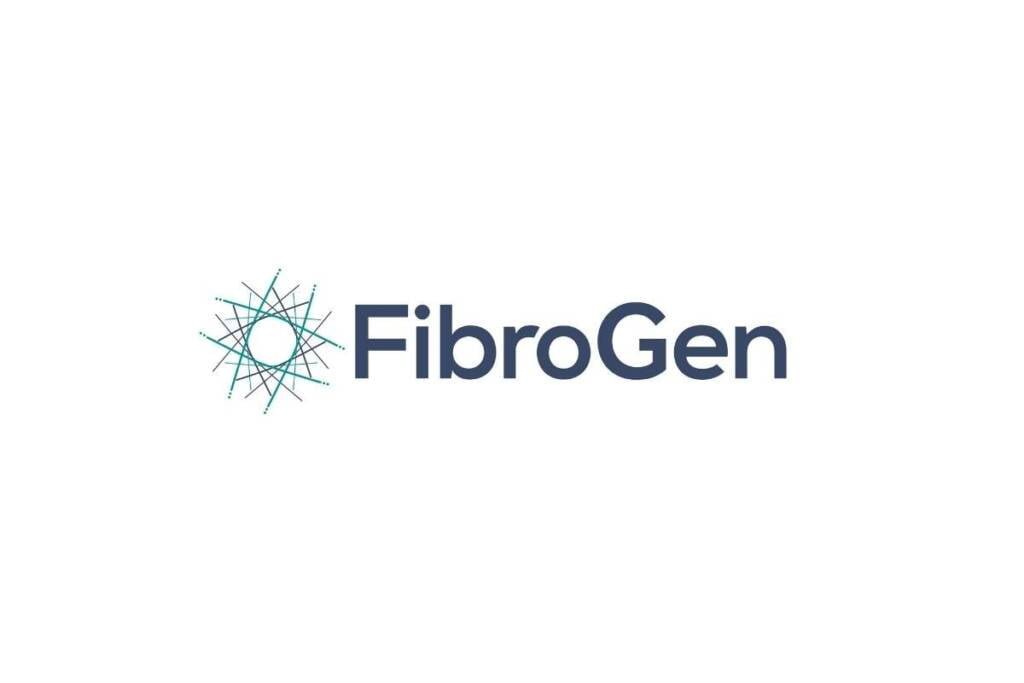Source – FibroGen
Enrique Conterno, who became FibroGen’s CEO in early 2020, had high hopes for the anemia drug roxadustat when he joined the company. However, in recent years, both FibroGen and AstraZeneca, its partner for roxadustat, faced numerous challenges, including an FDA rejection, commercial setbacks, and a failed clinical trial, which significantly impacted the drug’s progress.
In the wake of these difficulties and a major layoff round, Conterno has now resigned from his position as CEO, citing “personal reasons.” During the transition period while FibroGen searches for a permanent replacement, Thane Wettig, the company’s chief commercial officer, will serve as the interim CEO. Conterno will support Wettig as a special advisor during this time.
Just a week before Conterno’s departure, FibroGen announced a cost-cutting plan involving laying off 32% of its workforce due to the failures of pamrevlumab and roxadustat’s Phase III trials.
While roxadustat has seen some success in China and other territories, it faced challenges in Japan and Europe, where partner Astellas booked a significant impairment charge due to low sales projections. In the US, safety concerns disrupted the drug’s approval process in patients with chronic kidney disease (CKD) in 2021. A Phase III study in anemia patients with myelodysplastic syndromes (MDS) also failed in May, leading to further complications in FibroGen’s partnership with AstraZeneca.
Conterno was initially enticed to lead FibroGen due to the potential of roxadustat, and there were high expectations for the drug’s global success. However, those blockbuster aspirations have since diminished.
In addition to roxadustat, FibroGen’s hopes were also dented by pamrevlumab, which failed to meet its primary endpoints in trials for idiopathic pulmonary fibrosis (IPF) and Duchenne muscular dystrophy (DMD).
FibroGen now faces challenges and uncertainties as it regroups following these setbacks, and analysts have raised questions about the company’s future direction.





























